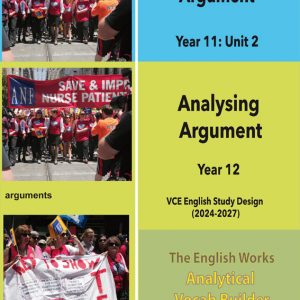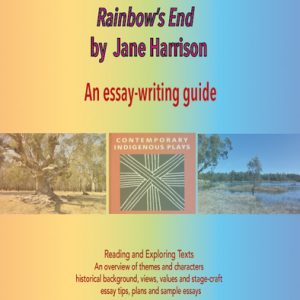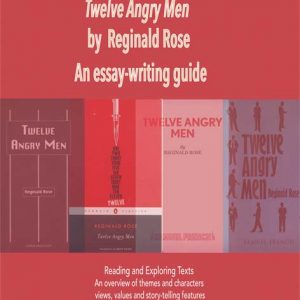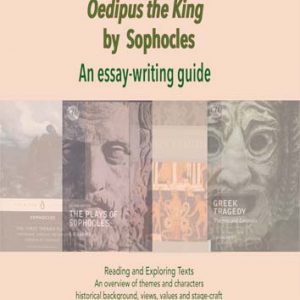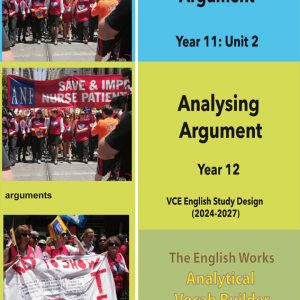The Curriculum states (among other things): Students “compare different written texts presenting argument on similar ideas or issues, considering different ways authors use language to express arguments.”
See: Arguments and Persuasive Language .
Some teachers want more, some want less comparison. Either way, you will use the key ideas to compare and contrast.
My point is, do it wisely and don’t overdo it. Use common sense! A clever and deft comparison will impress your assessors.
However, keep in mind that the more “comparison” (and to-ing and fro-ing) you do, the more confused the reader may become. You may risk summarising and you may lose your analytical depth and discussion of “purpose” which will detract from your analysis and your mark. You will also lose marks for being vague and generic. You must be analytically precise.
In most articles there are two key ideas (argument points). I would recommend that you use the main (two?) Key Ideas from Text 1 as your base. If there are obvious similarities and differences with other texts (re key ideas), then work systematically through them and do a good comparison based on these key ideas.
- Analyse the “construction of argument” techniques
- Be specific with the points of comparison = key idea?
- Make sure you do some word-level analysis and purpose
If you need five? key ideas on the issue that’s fine, but don’t get too general and don’t worry if this is impossible. Make sure you recognise that there is often considerable overlap, and do not get drawn into needless repetition. Sometimes two points are the flip side or opposite of each other.
Also do not sacrifice your persuasive word-level analysis.
